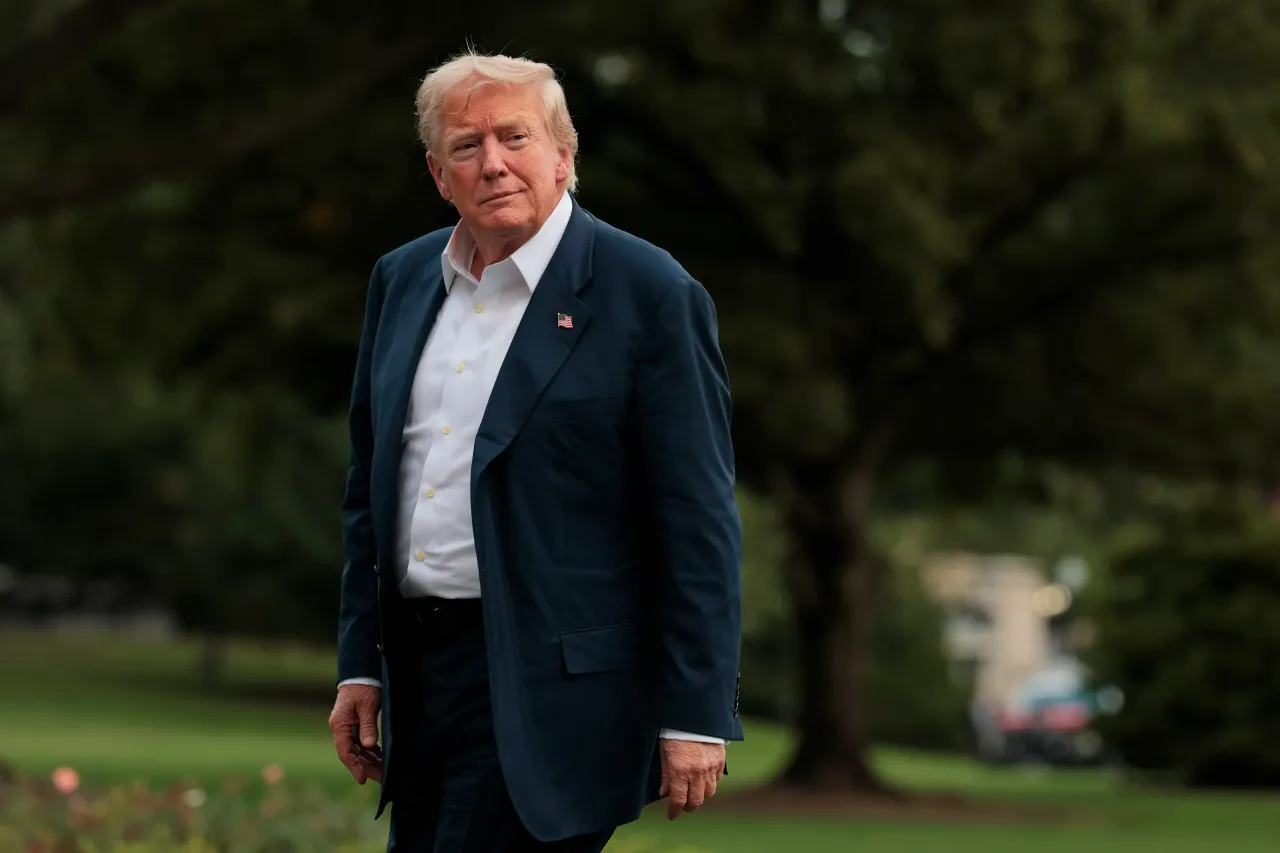A significant controversy has emerged surrounding the Trump administration’s reported intervention in the Food and Drug Administration’s (FDA) leadership, specifically involving the alleged removal of Vinay Prasad as the director of the Center for Biologics Evaluation and Research (CBER). This decision reportedly went against the advice of prominent health officials, including Health Secretary Robert F. Kennedy Jr. and FDA Commissioner Marty Makary, raising questions about political influence in critical health policy decisions.
The catalyst for Prasad’s reported ouster appears to be directly linked to the handling of Sarepta Therapeutics’ Elevidys, an FDA-approved gene therapy for Duchenne muscular dystrophy. Prasad, along with Makary, had reportedly requested Sarepta to pause shipments of Elevidys following three reported patient deaths, two of which were tragically linked to liver failure. This cautious approach to a novel gene therapy highlights the complex challenges regulators face in balancing innovation with patient safety, particularly in the context of rare and severe diseases like Duchenne muscular dystrophy.
Concerns have also been voiced by sources regarding the potential implications of Prasad’s removal, with one expressing apprehension that Robert F. Kennedy Jr. might appoint individuals with “hardcore anti-vaxxer” stances to key positions within the FDA. Such a development could have profound effects on public health policy, particularly concerning vaccine development and regulation, potentially undermining public trust in critical health institutions and affecting FDA leadership change.
In addition to the personnel change, the Trump administration is reportedly considering a major structural overhaul of CBER itself, potentially splitting it into two distinct entities: one focused on vaccines and another on therapeutics. This proposed Biologics regulation restructure could significantly alter the regulatory landscape for pharmaceutical and biotechnological products, impacting everything from drug approval timelines to research priorities under Trump administration health policy.
Despite the alleged override, FDA Commissioner Marty Makary had publicly praised Vinay Prasad as a “genius” who made “tremendous” policy contributions during his relatively short three-month tenure. Prasad’s stated reasons for stepping down, citing a “brutal” commute and a desire not to be a “distraction,” appear to contrast sharply with the reported circumstances of his departure, suggesting a more forceful intervention behind the scenes regarding this gene therapy controversy.
The departure of Prasad has also rippled through the financial markets, particularly within the biopharma sector. Analysts like BMO Capital’s Evan Seigerman view Prasad’s exit as a “net positive” for the industry, anticipating that a new FDA biologics director might be “more permissive of innovation.” This sentiment was notably reflected in the surge of retail trader interest in companies like Replimune Group, whose lead candidate, RP1, could see an improved outlook.
The ongoing saga involving Sarepta Elevidys continues to unfold, with the company planning to request a Type A meeting with the FDA to explore a path forward for accelerated approval. This situation underscores the delicate balance between rapid access to life-saving treatments and the rigorous safety standards expected from regulatory bodies, a balance that remains central to the discourse surrounding FDA leadership and Biologics regulation in the wake of these controversial developments.






Leave a Reply